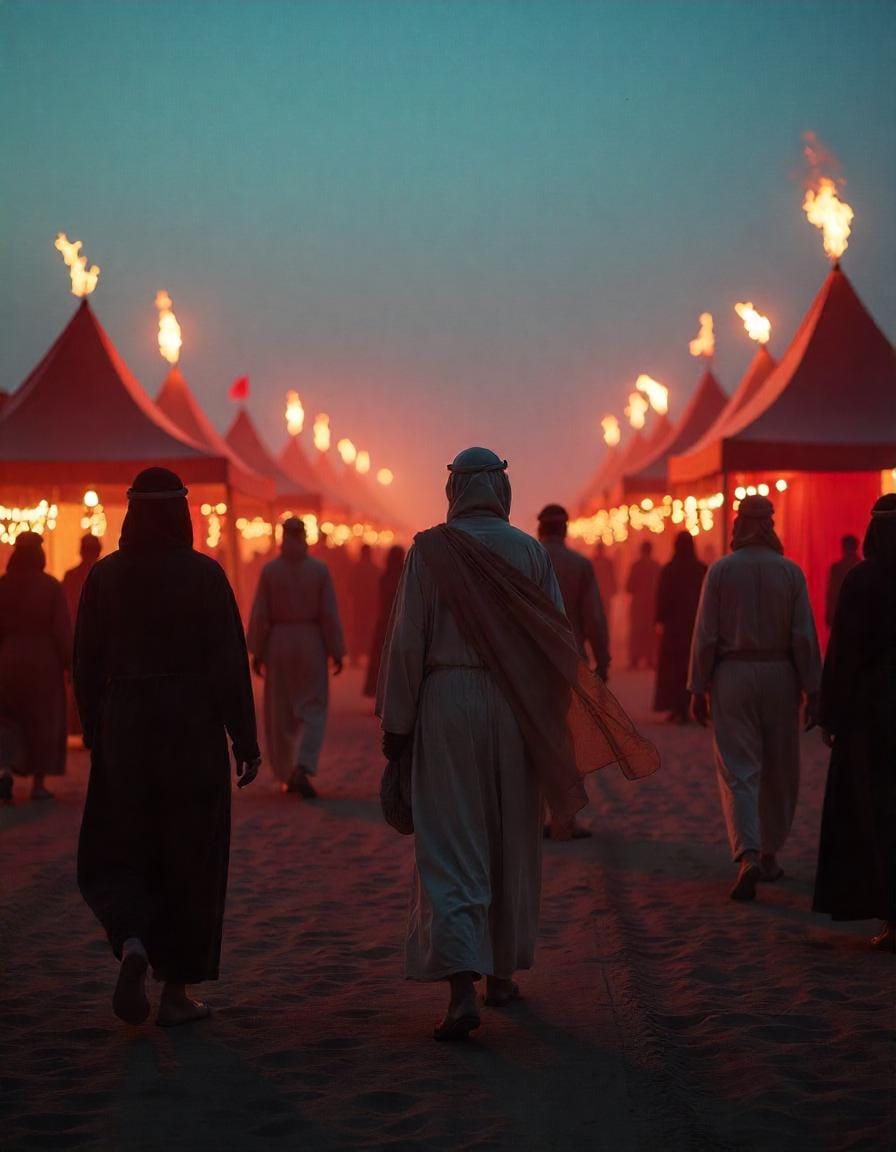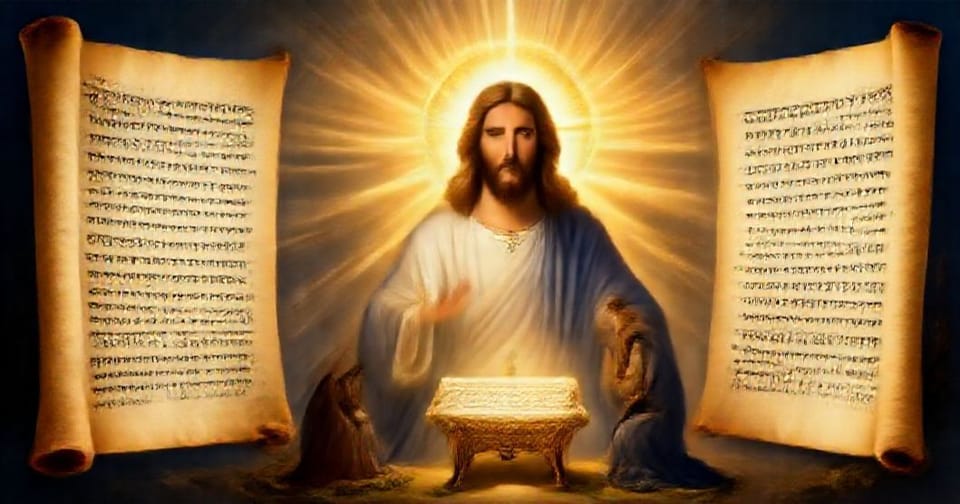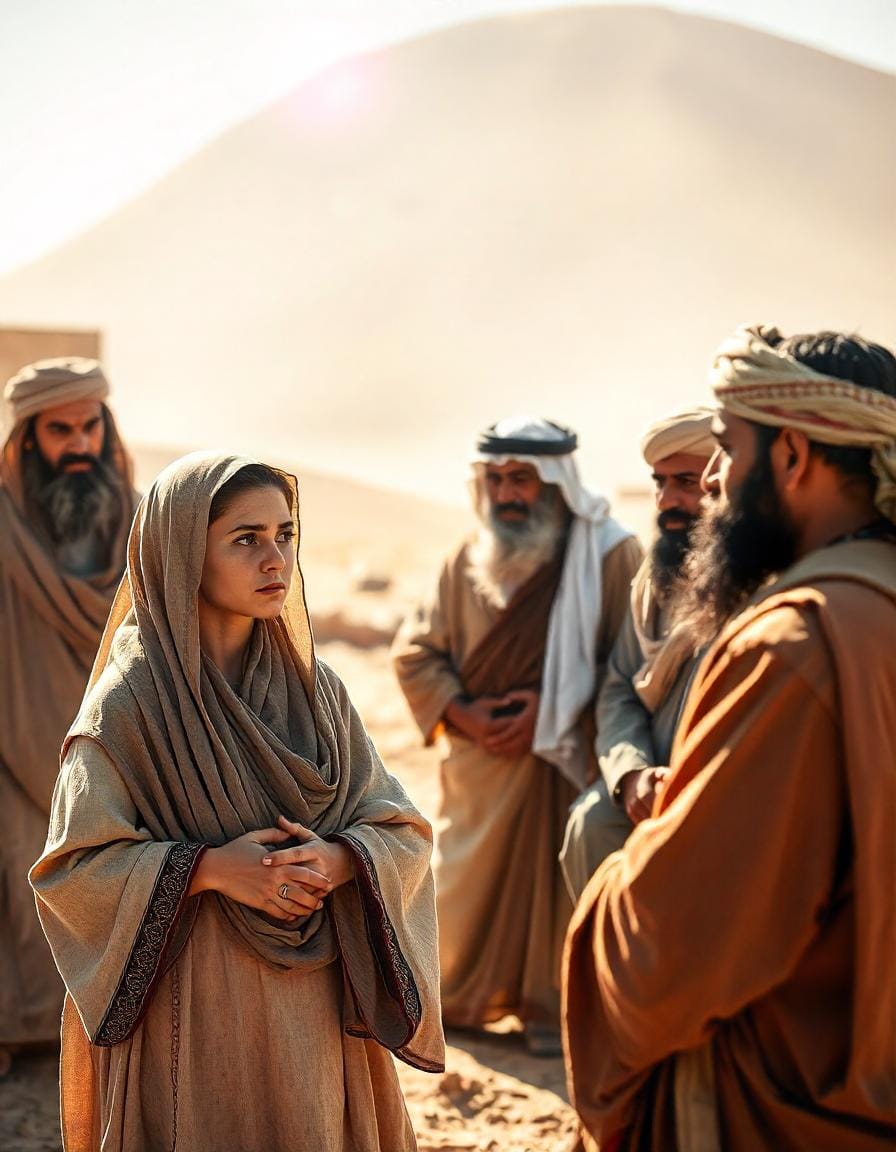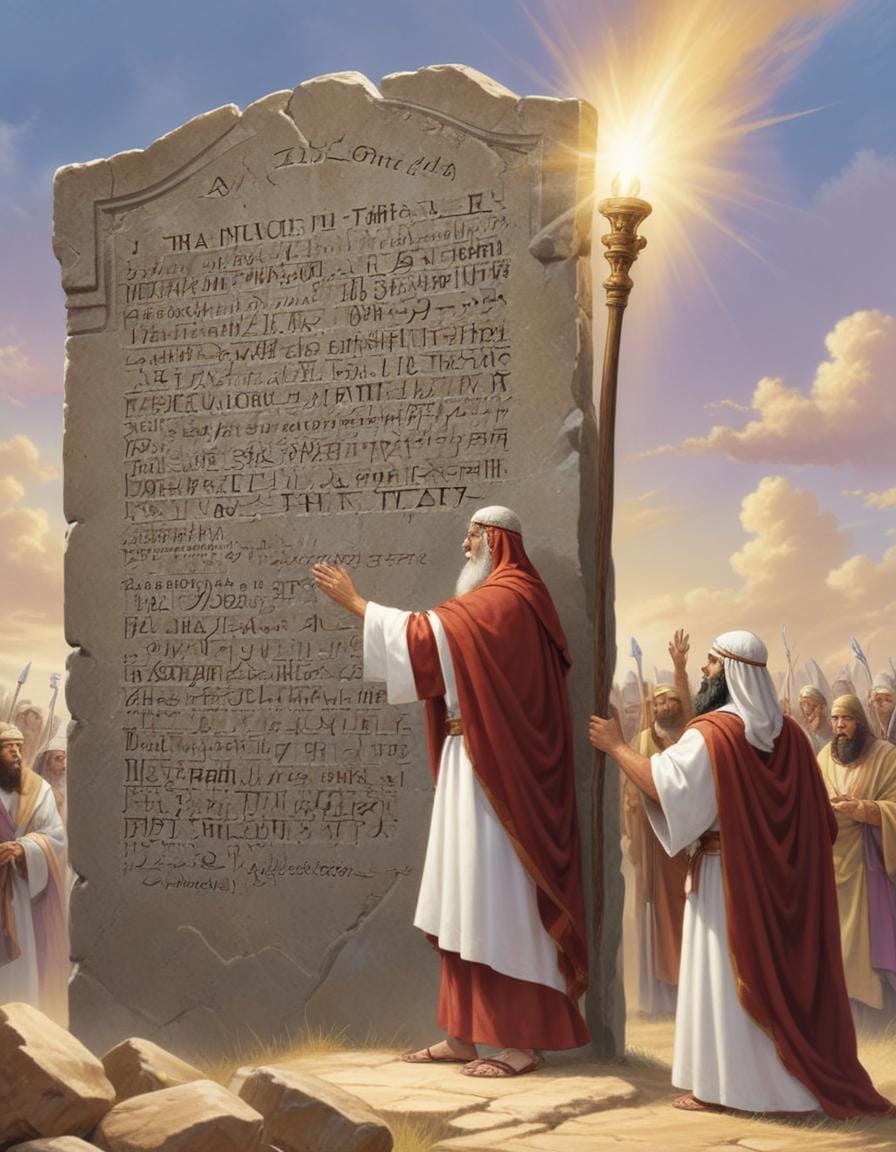Why did God create so many holidays like Passover, the Feast of Tabernacles, and Sukkot?

Question
Looking at Deuteronomy and saw that God made many feasts, such as Passover, the Feast of Tabernacles, and the Feast of Weeks. Why did God make so many feasts, and why did he make them so strictly observed, to the point of killing people if they didn't?
AI
Why God made so many holidays
As you read through the Old Testament, especially the book of Deuteronomy, you will find that God commands the Israelites to observe several feasts, including Passover, Sukkot(Pentecost), and Sukkot. These feasts are more than just “celebrations” they serve three main purposes.
1. Remember the past and express gratitude
Every holiday serves the purpose of remembering God's salvation and grace.
• Passover commemorated Israel's deliverance from bondage(Egypt) and served as an experiential reminder of God's saving work.
• The Feast of Weeks (Pentecost) was a celebration of offering the first fruits of the harvest to God, signifying gratitude for God's provision and hope for future abundance.
• The Feast of Tabernacles is a remembrance of God's protection during their time in the wilderness, when the lived in tents
Through this celebration, the Israelites never forgot God's presence in their history and passed on the story of God's grace from generation to generation.
2. Strengthen community unity
Feasts were a time for the whole people to come together as one, whether it was gathering at the Temple in Jerusalem or eating together, reaffirming their identity as God's people. This fostered a communal life of caring for and supporting one another.
3. Reaffirming a covenant relationship with God
Israel was a ‘covenant relationship’ with God. Keeping the convenient was central to Israel's life as ‘God's people’. The feasts were a reminder of this covenant and a tangible reminder that “we are God's children, and God is our Lord”.
Why was it so strict, even death was mentioned for disobedience?
1. The importancetof the ‘life’ level to the covenant
The political, social, and religious system of Israel at the time was a ‘theocracy’ meaning that God was king, and Israel was to live under God's rule and abide by the law. In this system, covenant violation was more than just a personal offense; it was a serious rebellion that endangered the entire community.
For example, just as treason against the state was punishable by death, ‘rebellion’ against the kingdom of God was considered to be on the same level.
2. God's intention to preserve holiness
Feasts and ways of worship were specific means of revealing God's holiness. God wanted Israel to live in a way that set them apart from the world. If Israel did not keep the feasts, they risked becoming secularized and losing their “I am your God, you are my people” identity.
Therefore, neglecting the feasts was not considered mere negligence, but a “willful turning away from or rejection of God's will”. and came with stern warnings.
3. Old Testament Law and New Testament Grace
In New Testament times, we believe that Jesus became the ‘fulfillment’ of the law, and we don't have to keep specific feasts as we once did to access the grace available in Jesus. But what is still important is a “a life of remembering God, giving thanks to hime, and preserving the unity of the community”. Maintaining this sprit leads to the essence of what is important in our worship and faith today.
To summarize
하나님이 절기를 많이 만드신 것은 이스라엘 백성이 하나님이 베푸신 구원과 은혜를 ‘반복적으로 기억’하고, ‘공동체와 함께 감사’하며, ‘언약 백성으로 거룩함을 지켜’ 살기를 바라셨기 때문입니다. 불순종에 대해 극도로 엄격했던 것은 언약 관계가 생명과 직결된 중대한 사안이었기 때문이지요. 오늘날 우리는 이 절기들을 통해 “하나님께 받은 은혜를 늘 기억하고 나누는 삶”이 얼마나 귀하고 중요한지 다시금 깨달을 수 있습니다.
God created many feasts because he wanted the Israelites to ‘repeatedly remember’ the salvation and grace he had given them, to ‘give thanks together as a community’ and to live ‘in holiness as a covenant people’. The severity of the punishment for disobedience was because the covenant relationship was a life-and-death matter. Today, we can use these feasts to remind us of the value and importance of ‘always remembering and sharing God's grace God has given us’.



